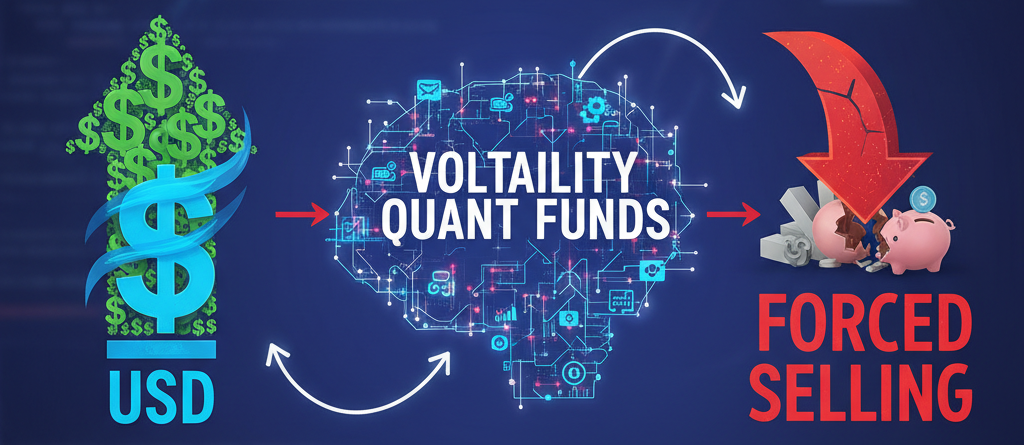If you’ve built your wealth—whether through business success, smart investments, or years of discipline—you know that protecting it is just as important as creating it.
So when it’s time to choose a financial advisor, most people understandably focus on technical expertise. After all, credentials like CFP®, CFA®, and tax specialization matter, right?
They do. But here’s what most advisors—and even clients—get wrong:
Technical brilliance alone isn’t enough to protect your wealth or preserve your legacy.
A Cautionary Tale: When the Perfect Plan Falls Apart
Let me tell you about Michael, a 94-year-old business owner who built a thriving family business from the ground up. He worked with a top-tier wealth management firm—an advisor with a CFA, a CFP, and an alphabet soup of credentials from a prestigious institution.
His estate plan was a technical masterpiece. Every trust was structured correctly. Every tax angle covered. Every investment allocation optimized.
But there was one critical flaw.
His plan split the family business equally among his four children.
Only one of them had ever worked in it. One son had spent his life helping to grow the business, while the others were either uninvolved or, in Michael’s own words, lacking the drive and responsibility he had hoped for.
After Michael passed, the plan that looked perfect on paper was a blueprint for conflict.
Legal battles. Damaged relationships. A business at risk. A legacy nearly undone—because the advisor never asked about the family dynamics.
The Missing Piece: The Human Element
This is the failure I see too often: financial advisors who are trained to manage spreadsheets, but not people.
Your wealth isn’t just about tax strategies, portfolio allocations, and estate structures. It’s about:
- Your family and their future
- Your spouse’s wellbeing if something were to happen to you
- Your children’s values, goals, and readiness for responsibility
- Your desire to preserve relationships, not just money
In short, it’s about real human concerns.
And that’s why I built my practice around what I call The Human Element.
What Does the Human Element Look Like?
Here’s how we integrate it into our planning process:
- We Start with You—Not Just Your Finances
We ask the deeper questions:
What keeps you up at night?
What are you most proud of?
What are you most concerned about when it comes to your family? - We Plan for Real Life, Not Just Static Numbers
Life evolves. Families change. Kids grow up and reveal new strengths (or challenges). Your plan should evolve, too. We stay connected and review regularly—not just your numbers, but your relationships and life shifts. - We Translate Strategy into Personal Meaning
A technical solution—like a trust or gifting structure—means nothing if you don’t understand how it solves your personal concern. We connect each recommendation to your values, your family dynamics, and your long-term vision.
A Real Example: Aligning Wealth With Purpose
One of my clients, Sarah, had significant wealth—but one major fear: that her children might lose their drive or values.
Instead of applying a generic incentive trust, we took time to understand her children individually.
- Her daughter cared deeply about environmental issues.
- Her son loved tech but lacked confidence.
We created a plan that gave each child resources and responsibility that aligned with who they were. The daughter now runs a foundation. The son is building a startup portfolio—with structure, mentorship, and meaning.
That’s the difference between a good plan and a transformational one.
Is Your Advisor Focused on More Than Just the Numbers?
Here’s how you can tell if an advisor embraces the Human Element:
- Do they ask about your family and your values—not just your assets?
- Do they explain strategies in a way that connects to your life, not just your taxes?
- Do they have a process to stay involved as your life evolves?
- Are they interested in you, or just the products they can recommend?
If not, it may be time for a different kind of conversation.
You’ve worked hard to create your wealth.
You deserve an advisor who sees more than your balance sheet—who sees you.







